Your Business Owner Type Will Determine What You Get Out of the Business
Maybe This Is You…
More than 10+ years ago you decided to venture out into the unknown world of entrepreneurship. As a salesperson, IT expert or someone technical, you found the idea of working with a handful of clients, reselling and implementing IT solutions to be attractive. You started your own company, you hired a handful of technicians and engineers through the years and you feel so vested in what you do that you can’t imagine doing anything else. You may be mid-career or well into your 50’s and the thought of retirement is never far from your mind.
- Will you sell your business in hopes of a big payout?
- Will you sell it to your children and allow them to pay for it over time?
- Will you hire someone to come in and run it while providing you with cash payments into early or partial retirement?
Do you continue to plug away at the daily issues or do you pause and consider what you want from this sleepless, risky journey that you have embarked upon? You have weathered the entrepreneurial storms and are ready to enjoy the spoils of ownership. But like everything in private ownership, it is not going to come easily, and it certainly won’t be served up on a silver platter.
Getting what you want from the business you started is what we refer to at Bering McKinley as Business Destination Planning. Getting to your final, preferred business destination requires dedicated focus and purposeful actions on your part as much as 5, 10 and even 20 years in advance. Starting your planning process is a combination of:
- Understanding what type of business owner, you are; hence the type of business you have built
- Being clear about what you want from the business
- Knowing what the business worth in order to get your desired payout
- Aligning yourself with accountable partners to help you get there
In this blog, we are going to focus on the type of business owner you are to provide clarity on how your business type can greatly impact your ability to reach your business destination goals.
What style of business owner are you?
In our recent blog titled, “Orchestrating Success: Planning Retirement through Sale, Succession and/or Buyout” we introduced the idea that the type of business owner you are is indicative of the type of business you run. Subsequently, the type of business you run will typically provide some insight into the value of your business, and subsequently, what you will eventually get out of your business.
The type of business you run is a result of your personal values; how you make decisions and ultimately what you will eventually get from your business. Let’s start with a look at the most common types of business owners that we at Bering McKinley see most in the MSP / solution integrator space:
Business Owner Types
Organic Growth with Intent to Maintain

Calculated Growth with the Intent to Maintain

Organic Growth with the Intent to Sell

Calculated Growth with the Intent to Sell

Purposeful Business Outcomes Require Purposeful Action
Understanding the type of business owner you are is relevant for helping you take deliberate actions to build and achieve the type of business outcome you desire.
Bering McKinley specializes in helping IT Solution Provider build businesses that fulfill their lifestyle and retirement goals. We recognize that most MSPs are not ready to be considered for a sale or have not taken steps to ensure a successful succession plan is in place. That is why our services go beyond peer group training to include Business Destination Consulting, providing actionable plans based on your managerial “type”, the value of your business and your retirement or wealth accumulation goals. Start by working with a team that can help you build a game plan to help you reach your business destination goals when the time is right for you.
Schedule a meeting to meet with Josh Peterson to discuss what you want from your business and how to design a plan to help you get there. Starting the conversation now is the best way to plan for your future. No obligations; no sales pitch. Just a healthy conversation around what you want to achieve from the business you are building today.


